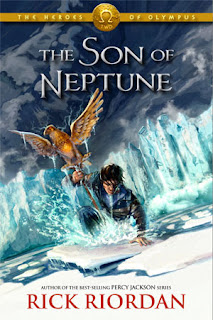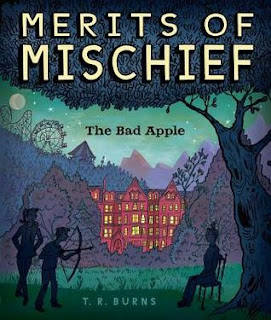Another pattern I noticed is that many, many sixth graders are reading or have read recently The Hunger Games. I'm personally a big Hunger Games fan, but I wondered, based on my experiences with and knowledge of the book (basically: it's a tough read!) whether it might be a good time for us to talk some more about how we know books are good fits for us.
Here's what we talked about together in class:
Why do people choose certain books?
- Recommendations from friends, family (especially siblings and parents), teacher, librarian
- Look at bestseller lists
- Type in a genre they like
- There's a movie out (example: The Hunger Games)
- Read/hear reviews
After you choose a book, how do you know it's a good fit? (for independent reading)
.JPG) |
| Thanks, R, for sharing your table's work! |
- Start out with the good ol' five finger rule. Each student, and then each group, identified all of the words on page four of The Hunger Games that sixth graders might not understand. We defined "understand" as "able to explain the word meaning to someone else and then use the word in a new sentence." All groups found at least five tough words on this page; by this rule, Hunger Games is pretty hard.
- You need to be able to re-tell what you read
- Make sure you can imagine/visualize what's going on
- You should be able to read it smoothly/fluently out loud
- You should be able to make logical predictions
- You should be able to ask logical questions beyond "What is going on?!?!"
- You should be able to make notes off to the side or on a sticky
- If you're trying really hard to understand (like using context clues to understand confusing words), and you're getting frustrated, you should try something else
What do we do if we think it's not a good fit after all?
- Try listening to it on CD
- Get an adult to read it to you and talk to you about it
- Buddy read/check comprehension
- Read a summary of the book, so you know more about it, but then choose a different independent book
- Wait a few months/year and try again
- Ask someone for books that are similar
- Hunger Games examples: The Line, The Maze Runner (this one is tough, too!), The City of Ember



.JPG)



